As I’ve mentioned recently, I’m working on a new eBook on IRS enforcement and collections actions and how taxpayers can protect themselves and work to get out of trouble when they find themselves subject to an IRS collection action.
In working on the eBook today, I was focusing my efforts on the Section 6651(a) penalty for failure to file a return.
Although the failure to file penalty is usually imposed with respect to failure to file a taxpayer’s normal income tax return, typically his Form 1040, the penalty actually applies to a failure to file any required return.
A recent U.S Tax Court case teaches us a number of important points about the failure to file penalty.
The case of Paschall v. Commissioner, 137 T.C. No. 2, was decided by the U.S. Tax Court on July 5. At issue in this case was a taxpayer who engaged an accounting firm to convert his regular IRA account to a Roth IRA account. As the Tax Court put it, the taxpayer was attempting to have his cake and eat it, too.
A regular IRA account allows a taxpayer to make deductible contributions to the IRA, although distributions from the IRA are taxable. A Roth IRA, on the other hand, is just the opposite–contributions to a Roth IRA are not deductible, but distributions from a Roth IRA are not taxable.
By attempting to convert his regular IRA into a Roth IRA, the taxpayer was hoping to get the benefit of having made deductible contributions to his regular IRA and then be able to get non-taxable distributions from a Roth IRA.
Here’s the rub–there’s an excise tax on excess contributions to a Roth IRA, and in order to properly report excess contributions to a Roth IRA and allow for the calculation of the excise tax, it is necessary for a taxpayer to file Form 5329.
In this case, the taxpayer filed all of his Form 1040s in a timely manner, but he didn’t file Forms 5329 for the years in question.
The rationale given was that he relied on the advice of the particular individuals involved in the conversion of his regular IRA to a Roth IRA that the transaction was perfectly legal and did not result in any tax consequences for him.
The Tax Court, while noting that reliance on independent tax advice may provide the basis for taxpayer action that will enable the taxpayer to avoid the failure to file penalty, said that in this case the advice given to the taxpayer did not come from an uninvolved, independent party. In fact, the taxpayer paid a $120,000 fee for the IRA conversion. He did not request an legal opinion from an independent party not involved in the transaction.
The Court said that since Form 5329 is required to be filed in addition to Form 1040 in order to enable the IRS to determine if there is an excise tax due on an excess contribution to an IRA and since it was not filed in this case, the failure to file penalty applied.
The moral of the story–actually there are at least two morals–if something seems too good to be true, it probably is, and, in addition, before you enter into a tax transaction of any significance, always ask for a tax opinion from an independent tax professional that the transaction works as you’ve been told that it will.
